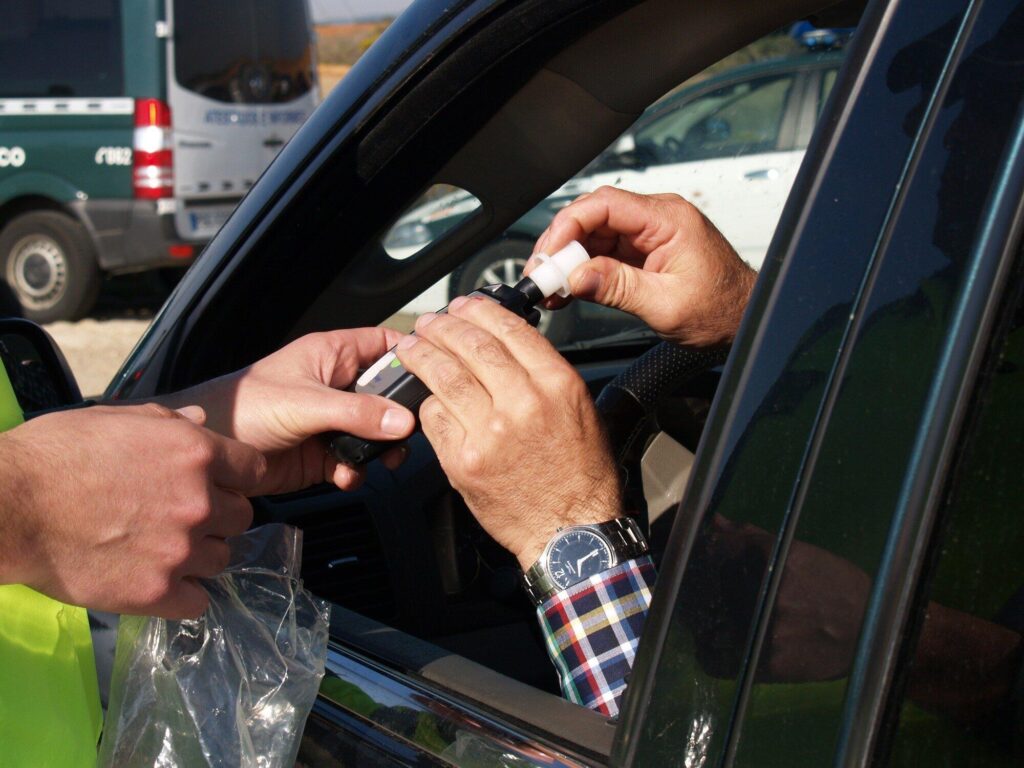A DUI (Driving Under the Influence) charge can be a stressful and overwhelming experience.
If you are facing a DUI defense lawsuit, understanding the legal process can help ease your anxiety and prepare you for what lies ahead. From the initial arrest to the outcome, each stage of a DUI lawsuit has its challenges. Having a good DUI lawyer by your side can make all the difference.
This guide will walk you through the steps of a DUI defense lawsuit and what to expect.
The Arrest and Charges
A DUI defense starts with the arrest. After being stopped and tested, you may be arrested if your BAC is over the legal limit or if the officer believes you’re impaired. Charges are filed, and you’ll receive a court date.
It’s important to get legal advice from a DUI lawyer. They will outline the charges and potential consequences like fines, license suspension, or jail time. An experienced lawyer will help you understand your rights and begin building a defense.
Arraignment: Your First Court Appearance
The next step in facing a DUI defense lawsuit is the arraignment, your first court appearance where the judge reads the charges. You will submit a plea: guilty, not guilty, or no contest. Pleading guilty leads to sentencing. Most defendants plead not guilty, allowing time to gather evidence.
Your lawyer might suggest a not-guilty plea to explore reducing or dismissing charges. Bail may be set, or you could be released on recognizance, depending on the offense’s severity and your criminal history.
Discovery and Pre-Trial Motions
After the arraignment, the discovery phase starts. Here, the prosecution and defense exchange evidence like police reports, witness statements, and test results. Your lawyer will review the evidence to find weaknesses in the prosecution’s case.
Your DUI lawyer might file pre-trial motions to challenge evidence, arguing, for example, that the breathalyzer test was flawed or the traffic stop violated your rights. If the judge agrees, crucial evidence could be dismissed, weakening the prosecution’s case.
Plea Bargains and Negotiations
Many DUI defense cases are settled before trial. Your lawyer might negotiate a plea bargain with the prosecution, reducing charges or sentencing in exchange for a guilty plea. Plea bargains save time, money, and stress but waive the right to trial.
The DUI Trial
If your case goes to trial, both sides will argue in court. The prosecution will aim to prove you were driving under the influence, while your lawyer will present evidence and witnesses to dispute the charges.
Your lawyer may call expert witnesses to challenge the reliability of breathalyzer tests or question the arresting officers. The trial may last several days, and at the end, the judge or jury will deliver a verdict.
Sentencing and Appeals
If found guilty in a DUI case, the judge will issue a sentence, which could include fines, community service, license suspension, or jail time.
If you think the verdict was unfair or errors occurred during the trial, your lawyer can help file an appeal. An appeal might lead to a reduced sentence, a new trial, or even a dismissal of charges.
Facing a DUI Defense Lawsuit
Facing a DUI defense lawsuit can be daunting, but understanding court proceedings and working with a skilled DUI lawyer can help you navigate each step with confidence. Whether you’re aiming for a dismissal, a plea deal, or preparing for trial, staying informed and prepared will give you the best chance for a favorable outcome.
Got questions? We’ve got answers! Check out our blog for loads of interesting and helpful content today!







